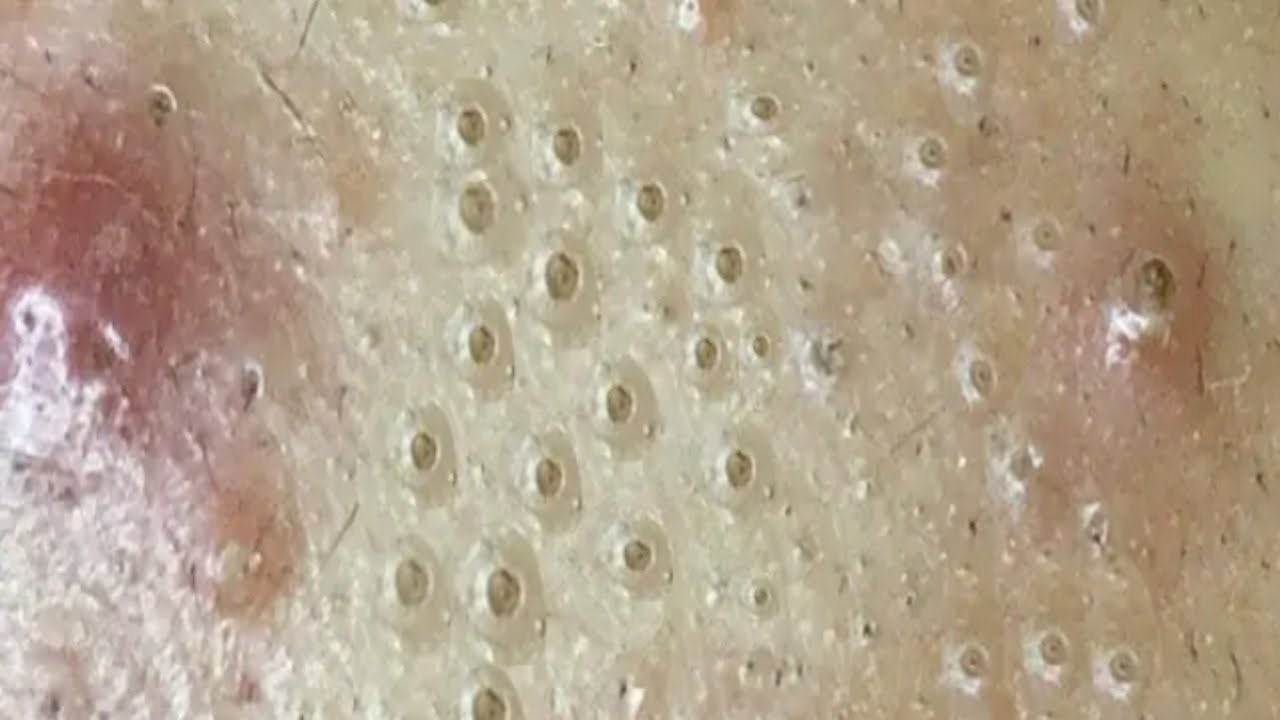Click Button Play To Watch Full Video👇👇
What Your Acne Means By Location: Insights from a Dermatologist
Acne is a common skin condition that affects many individuals, but its presence on different areas of the skin can reveal significant insights into underlying health issues. Dermatologists often observe patterns in acne location that suggest specific causes related to hormones, lifestyle, and even diet. Understanding these correlations can empower you to make informed choices about your skincare routine and overall well-being.
Forehead Acne: Stress and Digestive Issues
Forehead acne, often manifesting as small bumps or cysts, is commonly associated with stress and digestive problems. The forehead is part of the “T-zone,” which typically has higher oil production. When under stress, the body releases cortisol, a hormone that can lead to increased oil production and clogged pores. Additionally, digestive issues, such as poor gut health or an unhealthy diet rich in sugar and processed foods, can contribute to breakouts in this area. To address forehead acne, focus on improving your diet by incorporating more fruits, vegetables, and whole grains. Practicing stress management techniques, such as mindfulness or yoga, can also be beneficial.
Cheek Acne: Allergies and Environmental Irritants
Acne on the cheeks can indicate allergies or environmental irritants. This area is often in contact with various items, including phones, makeup brushes, and pillowcases, which can harbor bacteria and allergens. If you experience frequent breakouts on your cheeks, it may be a sign that these surfaces are irritating your skin. Maintaining a rigorous hygiene routine—regularly cleaning your phone and brushes, changing pillowcases frequently, and opting for hypoallergenic products—can help reduce cheek acne. If you suspect allergies, consulting with a healthcare provider can help identify potential triggers and solutions.
Chin and Jawline Acne: Hormonal Fluctuations
Chin and jawline acne is often linked to hormonal fluctuations, particularly in women. This type of acne can present as deep, painful cysts that tend to occur cyclically, coinciding with menstrual cycles or hormonal changes associated with conditions like polycystic ovary syndrome (PCOS). Hormonal imbalances can increase oil production, leading to clogged pores in these areas. If you notice persistent breakouts along your chin and jawline, it may be helpful to consult a dermatologist for an evaluation. They may recommend hormonal therapies, such as birth control pills or anti-androgens, to help regulate hormone levels and reduce acne.
Back and Chest Acne: Lifestyle Factors
Breakouts on the back and chest, often referred to as “bacne,” can be primarily linked to lifestyle factors, particularly sweat and friction. Wearing tight clothing during workouts can trap sweat and bacteria against the skin, leading to breakouts. To manage bacne, opt for loose, breathable fabrics and shower promptly after exercising to cleanse the skin. Additionally, using body washes that contain salicylic acid can help exfoliate the skin and prevent clogged pores.
Nose Acne: Clogged Pores and Excess Oil
Acne on the nose is frequently characterized by blackheads, largely due to the area’s high concentration of oil glands. Clogged pores occur when excess oil and dead skin cells accumulate. To combat nose acne, regular exfoliation is key. Utilize gentle scrubs or chemical exfoliants containing salicylic acid to help keep pores clear. Additionally, using non-comedogenic makeup can minimize the risk of further breakouts.
Conclusion
Understanding the connection between acne location and underlying health issues can empower you to take a proactive approach to your skincare. While it’s essential to consult a dermatologist for personalized advice and treatment, recognizing these patterns can help you identify potential triggers and make informed lifestyle choices. Your skin often reflects your overall health; addressing both internal and external factors can lead to clearer skin and improved well-being. By adopting a holistic approach to skincare, you can achieve lasting results and greater confidence in your skin.
